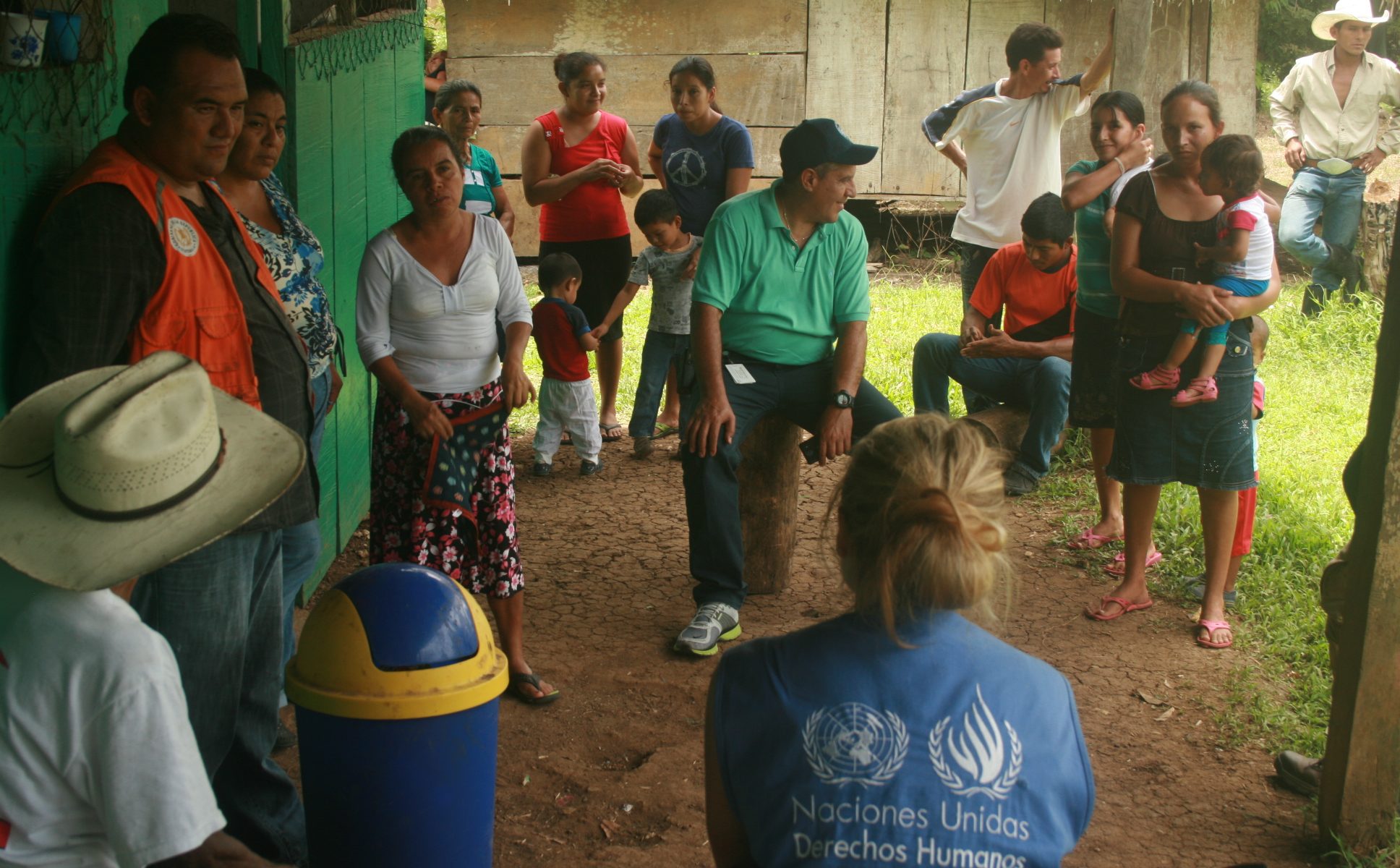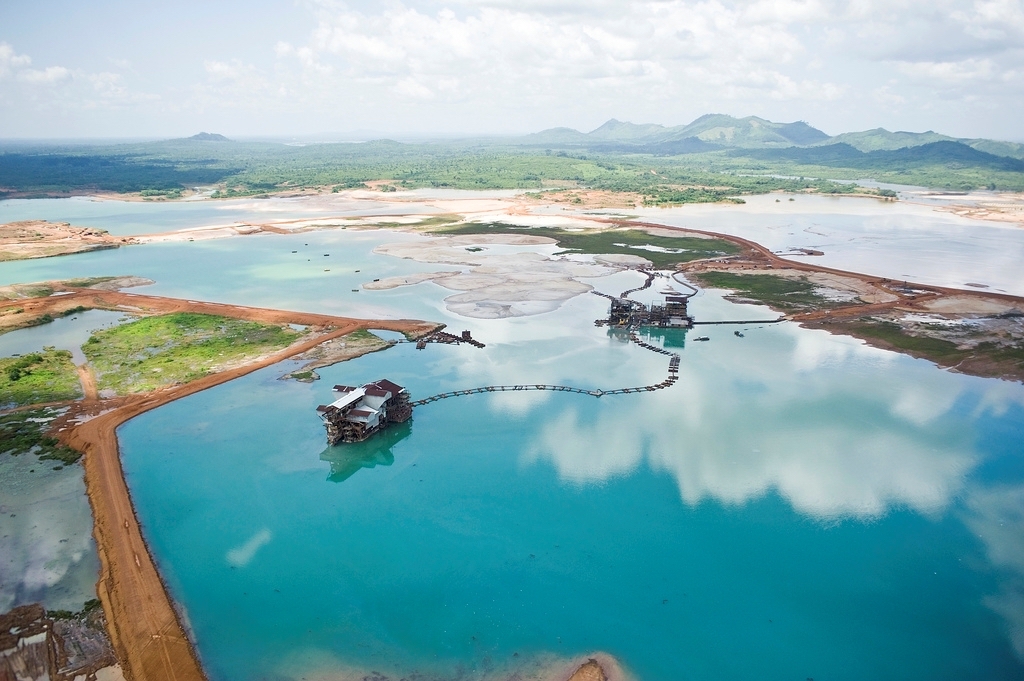Response Coordination Mechanisms
Involving environmental actors in existing response structures

Involving environmental actors in existing response structures
Aerial view of the Kingfisher development area near Lake Albert, Uganda Finding substantial reserves of oil and natural gas can offer significant opportunities for the social, economic and political development of any country. However, without adequate environmental management, oil and gas operations can have lasting social and environmental…
The On-Site Operations Coordination Centre (OSOCC) is a rapid response tool that provides a platform for the coordination of international response activities in a sudden onset emergency. The guidelines provide details on the set-up of an OSOCC and an associated environmental emergency cell.
The Awareness and Preparedness for Emergencies at Local Level (APELL) Programme aims to reduce industrial risks at local level, raise awareness and build local capacity to respond to emergencies.
The Sphere Minimum Standards for shelter and settlements are a practical expression of the right to shelter in humanitarian contexts. The standards are grounded in the beliefs, principles, duties and rights declared in the Humanitarian Charter. These include the right to life with dignity, the right to protection and security,…
A collection of UNECE's environmental performance reviews…
Understanding the current and potential future environmental conditions of a region is essential for an efficient and sustainable response
Risk analysis provides a common understanding and prioritization of risks, and should include existing environmental conditions and threats
Addressing environment as part of preparedness planning lays the foundation for its integration into humanitarian action.
Communicating risks effectively to populations and communities is essential for people to be able to be better prepared and to reduce the damaging impacts of hazards.
Policies supported by institutional frameworks and legal arrangements make up the disaster risk management framework. In order to systematically integrate environmental concerns in humanitarian action, one must consider the institutional arrangements governing disaster preparedness, response, recovery and emergency funding.




